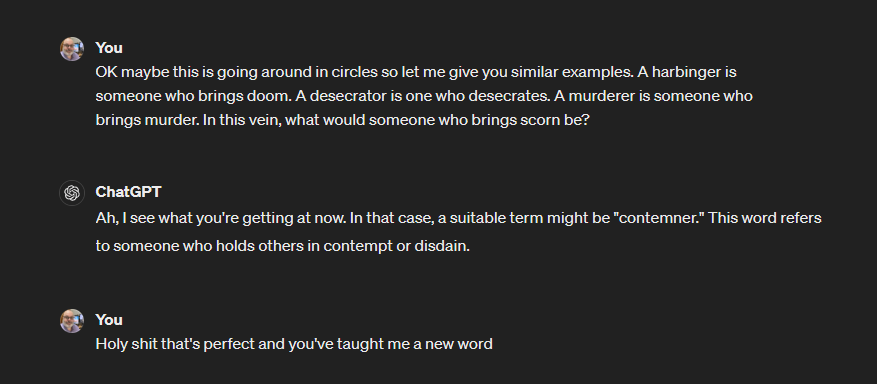Campaign Pitch: The Council
When it comes to running a D&D (or TTRPG) game, I’m a big fan of the Campaign Pitch. I first heard about it from Matt Colville in a video on the exact topic. In the video he presents the idea that a Dungeon Master could present multiple ideas for a campaign to the players. The players would then pick and choose among the various ideas to come to a consensus about what kind of game they want to run. He gave his players a document outlining his pitches.
This is counter to the way many many games have started: a DM has a campaign idea, adventure, or setting, and the players find it all out as they play. Colville had a prep document listing four different ideas, with a brief summary of what the central tension would be, what setting or location it would take place in, and a rating of the three most important themes for each one.
He ranked them all on a scale of 1 to 3 for the level of Politics, Roleplaying, and Tactics involved. He did, in the video, suggest other options for what themes are important to the DM making the pitch, though he cautioned us to keep it fairly simple. No need to overwhelm the players with many detailed options, not at first.
I pitched several ideas to my players at the start. But all three of them said all my ideas sounded fun; they didn’t favor one over the others. And maybe I didn’t make each pitch distinct enough to catch the players attention, or convey to them that they did have choice and buy-in up front.
I think they’d get it, now, though. We have all learned a lot about how we all approach the game.
I like my current game and how it’s developing, and my players also seem engaged with the world. But that doesn’t stop me from coming up with new ideas, new frameworks for adventures and characters. Today, while on my lunch break, my mind wandered and I came up with this campaign pitch, in the style of Matt Colville.
A Council of Clerics
In the centuries since the fall of the Old Empire, the gods have retreated and become much less active in the world. Clerics, churches, divine and demonic favor still exist, but there is no single dominant religion or institution. But lawful and powerful people call for a Council; a long-abandoned temple will be a host for a meeting of the minds on the topic of Gods and Mortals.
Adherents of trickster, adversarial, or individualistic gods may seek to disrupt this Council, or manipulate it for their own gain… or their own power.
Likewise, spellcasters seek audience, or simply knowledge, and may be forming their own guilds and schools, to consolidate power and create formal paths of education.
The Temple itself, long abandoned, may hold secrets of its own about the fall of the Old Empire, and why the Gods have retreated from direct intervention. Its secrets would bear investigation, particularly in the presence of many powerful leaders and spellcasters.
- Politics: High – there will be many factions, each with their own goals. Making friends and enemies will be key to navigating this place.
- Roleplaying: Medium to High – in this context, roleplaying specifically refers to negotiation, diplomacy, and deception. It’s getting what you want through talking, not fighting.
- Tactical: Low to Medium – There may well be fighting and tactical situations but they would not be the focus of the game, at least at first. Although bloodthirsty or avaricious creatures may find a single location filled with rich or powerful people very tempting as a target.
Player Buy-In: Your character will need to Have An Opinion about the gods, religion, or politics. The opinion can be positive or negative. There is much here to learn: people and personalities; history, recent or ancient; rumors and lore. Does that sound like a good time to you? If you just want to hit things with sharp or blunt objects until they fall down, you will probably not have any fun here because that will quickly be discouraged by the players involved.
Would that kind of game interest you? I’d love to hear from you.

